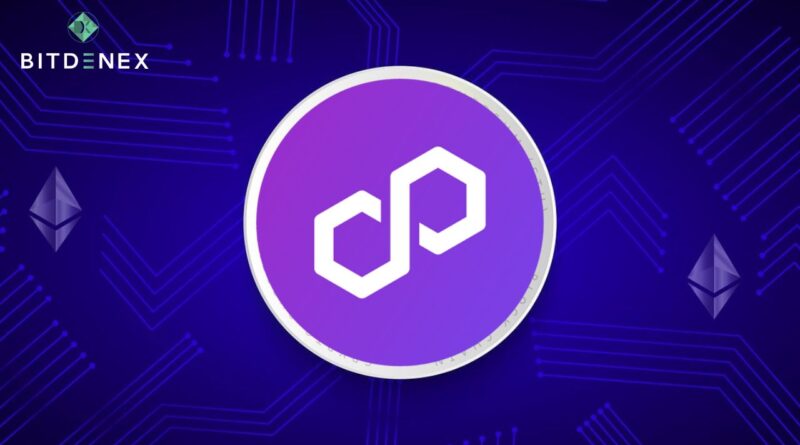Sandeep Nailwal, co-founder of Polygon Labs, has taken on a new role at ZK.
Polygon co-founder Sandeep Nailwal will now prioritize the growth of ZK solutions, including Polygon CDK, in his new role.
Polygon Labs, the firm that created the Ethereum-linked blockchain network Polygon, is doubling down on zero-knowledge (ZK) solutions with a significant structural adjustment.
On May 29, Polygon Labs stated that Sandeep Nailwal, its co-founder and executive chairman, will take on a new extended role as chief business officer.
To establish the new job, Nailwal will focus on expanding Polygon-developed tools for ZK-proofs, which are cryptographic approaches that allow one party to verify awareness of a given value to another without releasing the actual value.
Nailwal will work mostly with Polygon CDK, a ZK-based software toolkit that allows developers to create new layer-2 (L2) chains on Ethereum and transition between them.
The executive will also provide the groundwork for the developer and technical integrations of AggLayer, a two-component decentralized system that will launch in February 2024.
Nailwal’s formal appointment as CBO comes after several months of supervising strategy and execution as Polygon’s executive chairman over the last two years. According to the release, the transition is largely complete and operationalized under CEO Marc Boiron.”Sandeep’s day-to-day execution on the most important projects remains invaluable to us,” Boiron stated. He stated that Nailwal has been actively involved with developers and businesses throughout his career in the industry, including the inception of the Polygon network.
“Polygon Labs is building incredible, transformational technology that will provide developers and enterprises with countless opportunities to scale quickly and securely while having access to liquidity,” Nailwal stated.
Polygon, a blockchain platform founded in 2017, promises to build a scalable multi-chain blockchain system compatible with Ethereum.
Polygon, which runs on the Ethereum blockchain, provides scaling capabilities to reduce congestion, enhance transaction speed, and eliminate other adoption obstacles.
network developers may dramatically improve scalability with ZKs and L2s by processing transactions outside of the main Ethereum network.
For example, following the network’s Dencun upgrade in March, some Ethereum L2 protocols saw a 99% cut in transaction fees, even though the mainnet Ethereum network was overcrowded.

